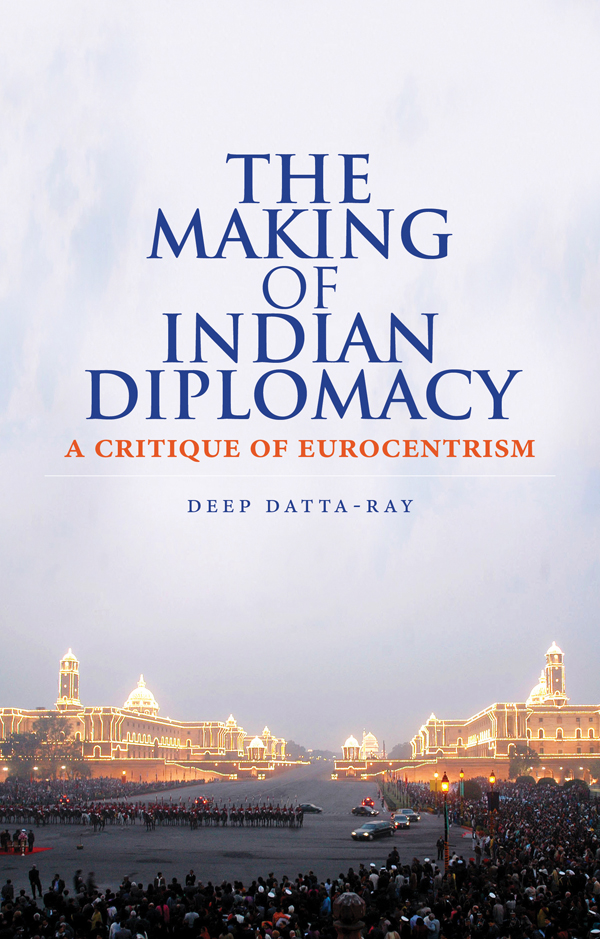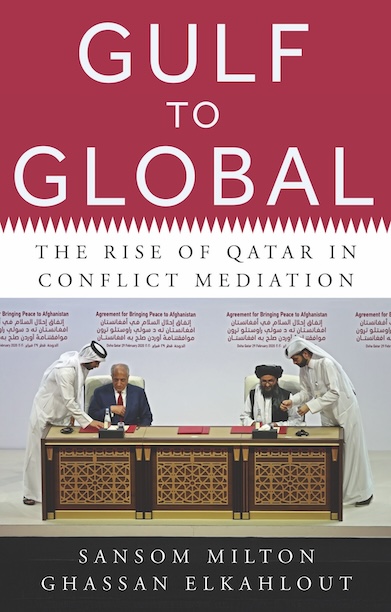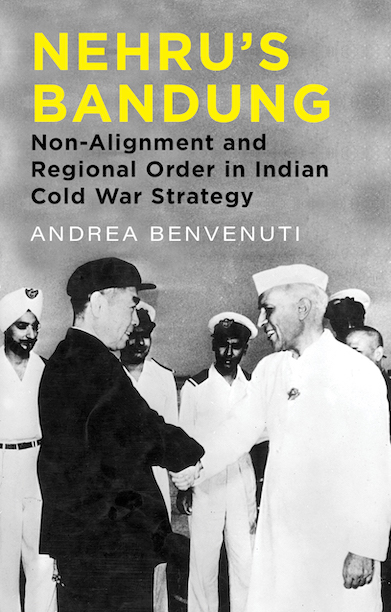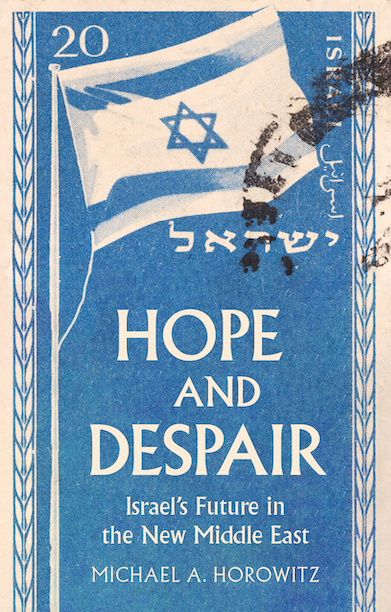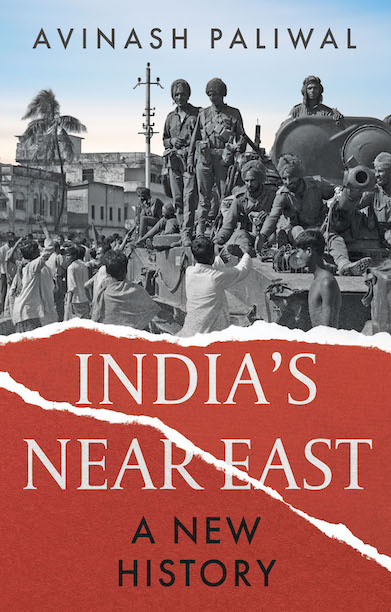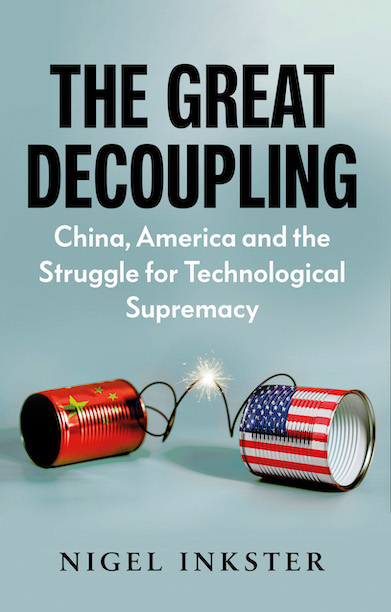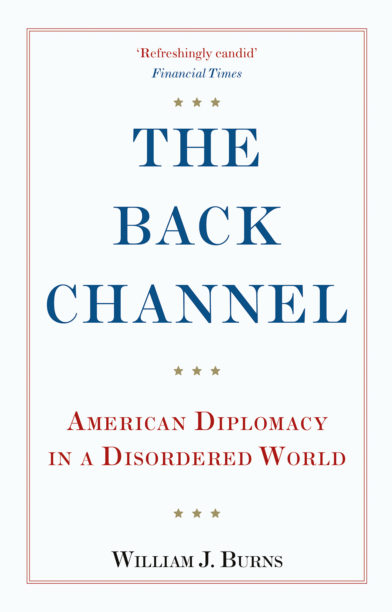The Making of Indian Diplomacy
A Critique of Eurocentrism
‘This highly original study represents the first examination of Indian foreign policy as the product of a distinctive political culture. It is an important corrective to the allegedly universalistic theories of interest that dominate political analysis of the world outside the West.’ — Faisal Devji, St Antony’s College, University of Oxford
Description
Breaking from the argument that, for Indians, the moment of colonial liberation was a false one as the colonised had internalised European practices, Deep Datta-Ray recognises the legitimacy of independent Indian diplomacy.
Diplomacy is conventionally understood as an authentic European invention which was internationalised during colonialism. For Indians, the moment of colonial liberation was a false dawn because the colonised had internalised a European logic and performed European practices. Implicit in such a reading is the enduring centrality of Europe to understanding Indian diplomacy. This Eurocentric discourse renders two possibilities impossible: that diplomacy may have Indian origins and that they offer un-theorised potentialities.
Abandoning this Eurocentric model of diplomacy, Deep Datta-Ray recognises the legitimacy of independent Indian diplomacy and brings new practices to light. He creates a conceptual space for Indian diplomacy to exist, forefronting civilisational analysis and its focus on continuities, but refraining from devaluing transformational change.
Reviews
‘A critical resource for scholars and practitioners everywhere as we continue to transition beyond the limitations of a eurocentric world.’ — The Round Table
‘This is a superb rendition of a diplomatic culture which Western observers would normally miss or misunderstand. It is rendered with nuance and depth that make the book something of a master-class in how, sympathetically, to investigate the different and the complex.’ — Stephen Chan, OBE, Professor of World Politics, SOAS
‘An in-depth discussion of the complexities of a major Third World foreign ministry outside the “Western triad of anarchy-modernity-civilisation.” … What sets it apart from most other studies is the way in which the voices of Indian Foreign Service officers interviewed as part of the author’s research bring the discussion to life. … A rich, subtle and instructive study.’ — William Maley, Director, Asia-Pacific College of Diplomacy School of Regulation, Justice and Diplomacy, ANU College of Asia and the Pacific Australian National University
‘A unique, and very original, take on how Indian diplomacy has been conceived, articulated and operationalised. By linking the present state of Indian diplomacy to the nation’s civilisational past, this work debunks many myths and captures the underlying forces driving Indian diplomatic practice better than most recent works on the subject. A must-read for Indian foreign policy practitioners and thinkers alike.’ — Harsh V. Pant, Professor of International Relations, King’s College London
Author(s)
Deep K Datta-Ray teaches at Jindal School of International Affairs and formerly worked with Kroll and Hakluyt & Company. Schooled in Calcutta, Honolulu, Singapore and the English countryside, he attended the University of London and Sussex University, from which he obtained his doctorate in International Relations.
